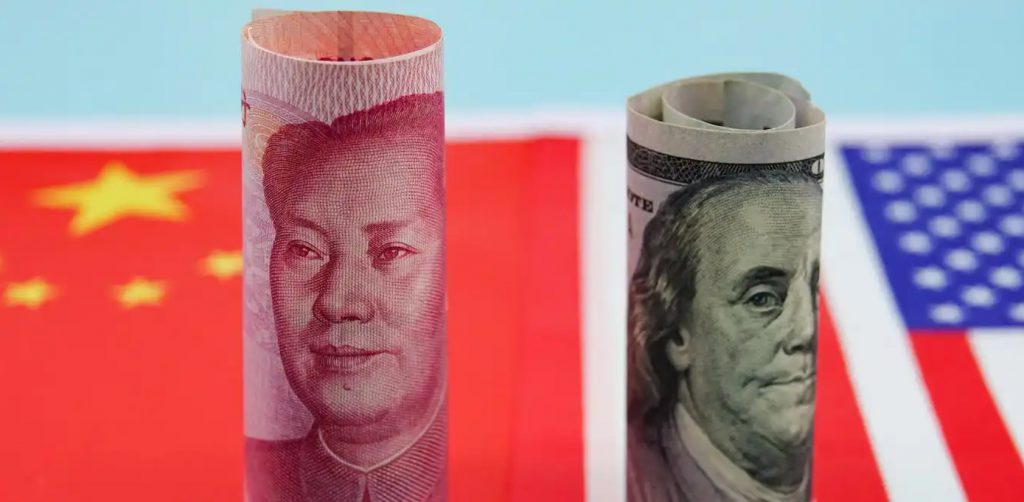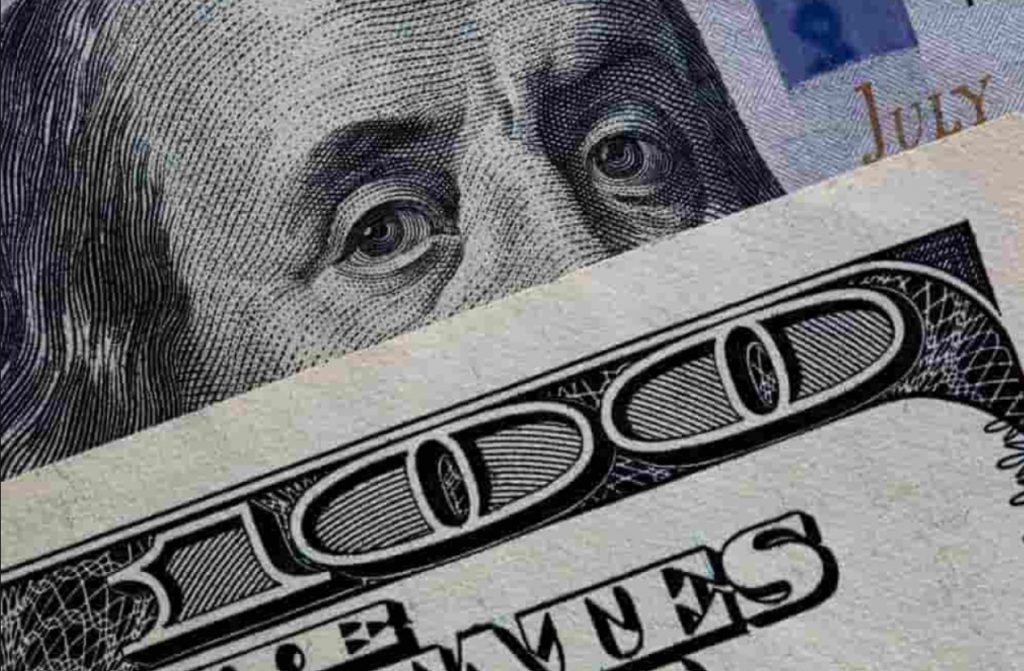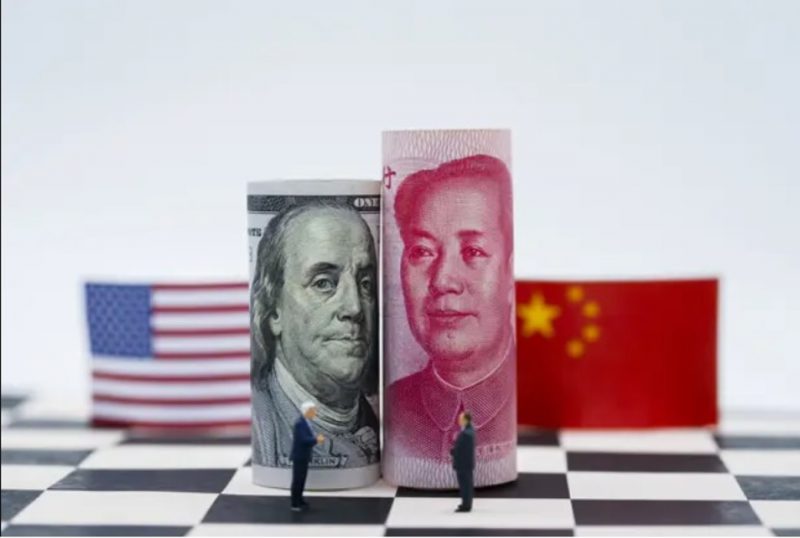The BRICS alliance is looking to create an alternative currency to challenge the U.S. dollar’s global reserve supremacy. Even before the formation of the new currency, China is convincing other countries to settle cross-border transactions in the Chinese Yuan.
Several developing countries in Asia, Africa, and Latin America have settled imports and exports using the Chinese Yuan. India, Pakistan, Saudi Arabia, Russia, Argentina, and even France recently settled trade in the Chinese Yuan. The U.S. dollar played no role in all these transactions making the Chinese currency a stronger grip on trade.
Also Read: Russia Makes Huge Announcement on BRICS Currency
So will the Chinese Yuan replace the U.S. dollar as the world’s reserve currency? In this article, we will highlight the possibilities of the Yuan vs the Dollar’s long-term prospects.
BRICS: Will the U.S. Dollar Lose To the Chinese Yuan?


Nobel laureate Paul Krugman explained that the Chinese Yuan has a slim chance of being the world’s reserve currency. He asserted that the dollar’s recent decline is due to other countries diversifying their reserves into smaller currencies, such as the Australian dollar and the Canadian dollar.
Also Read: BRICS Bank Starts Membership Expansion, Begins To Add New Countries
For the uninitiated, the U.S. dollar reserves in Central Banks fell from 71% to 58% in 2022. “This decline mainly reflects diversification into smaller currencies such as the Canadian and Australian dollars, rather than a move to serious dollar rivals,” he said to The New York Times.


Krugman agreed that the U.S. dollar will step down as the global reserve currency someday, its time to take the second place is not now. The laureate explained that the Chinese Yuan will not be an alternative to the U.S. dollar as the currency is not liberal.
Also Read: BRICS Currency Faces Hurdles a Month Before Summit
“The greenback’s dominance won’t last forever, because nothing does. But the hype about de-dollarization is much ado about almost nothing. For now, the dollar dominates because there just aren’t any good alternatives,” he summed it up.
In conclusion, the U.S. dollar will remain the de facto global reserve currency and not the Chinese Yuan. The soon-to-be-released BRICS currency might take years, if not decades, to gain the trust of the global markets.





